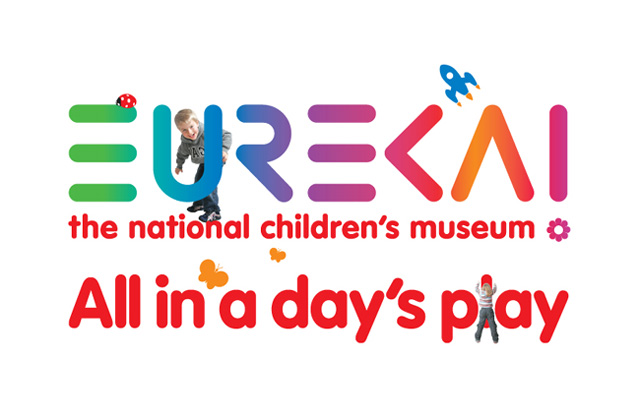As we officially open the newly refurbished Halifax bank at Eureka!, it's a good time to remember that you are never too young (or too old!) to learn about money. Teaching children basic financial skills from an early age can help them become financially responsible in later life.
Children connect with money throughout their childhood, from watching their parents buy shopping at the supermarket, to earning pocket money by carrying out chores around the house, from making money for charity events at school, to selling homemade cakes. Children often use quite sophisticated thinking-strategies for making their 20p go as far as possible!
When we present children with fun learning situations which encourage them to practice and understand the processes of money, we are also helping them build immunity to potentially difficult situations in the future. So, teaching children the basics of money and the benefits of saving, for example, can have enormous benefits down the road.
In the newly refurbished play bank at Eureka! we’ve created play scenarios where children can practice and reinforce their knowledge and skills about money, enhancing their understanding while providing an environment where they can ask questions and tackle misconceptions.
Why not try this at home...
- Set up a play shop which sells items found around the home – it could be toys, food, clothes or a mixture of things.
- Use pretend or real money, create a ‘till’, decide how much each item costs and attach a price label.
- Children can role-play being the customer or shop keeper.
- If they're playing customer, why not give them a budget to work with – which items can they buy now and which would they need to save up for? At this point, you could even introduce two piggy banks which the children can use for their own pocket money – one for spending and one for saving.
Liz Smallman is Head of Learning at Eureka!







No comments:
Post a Comment